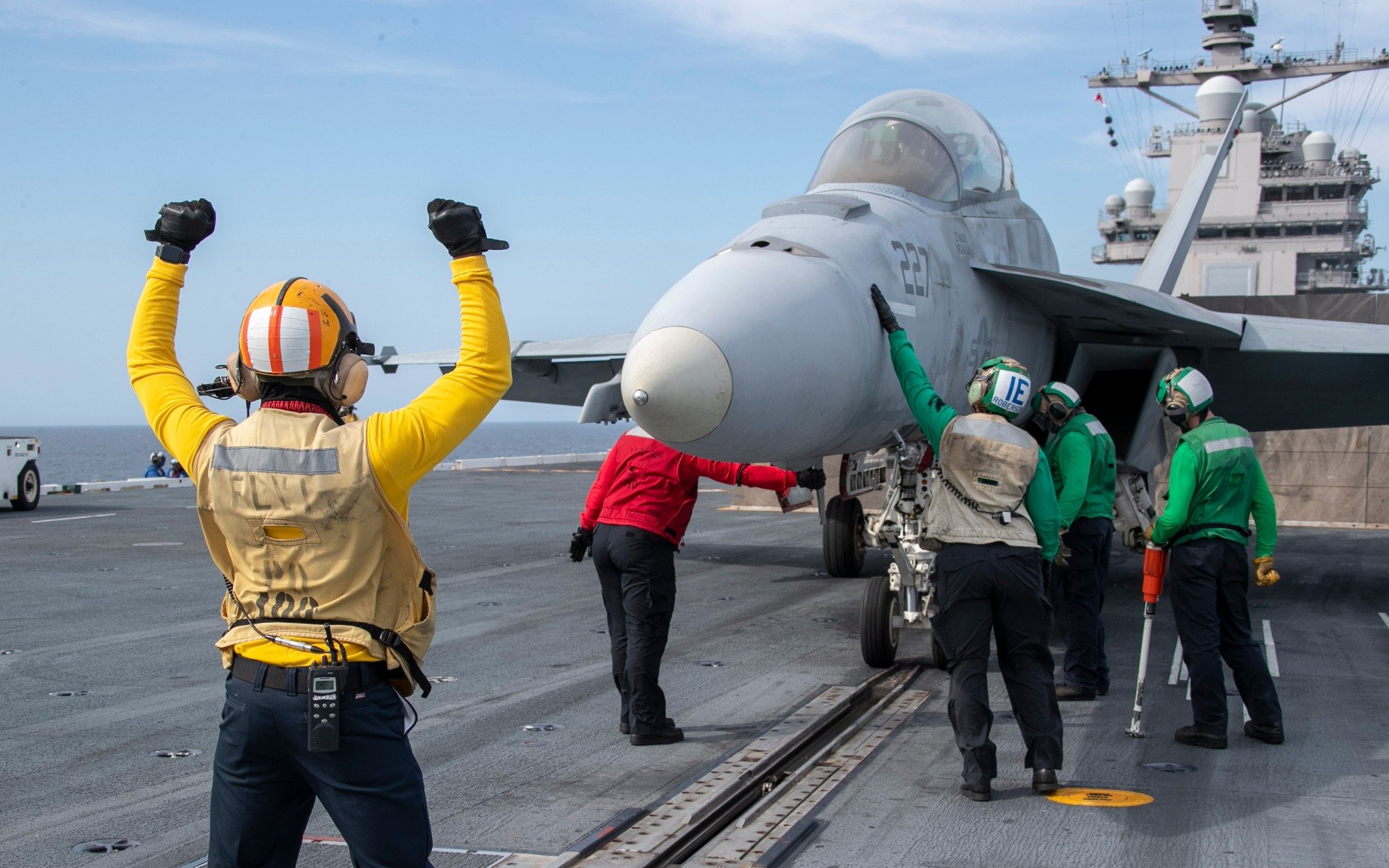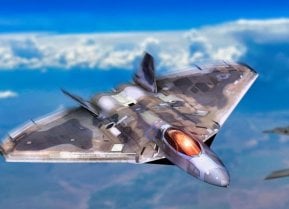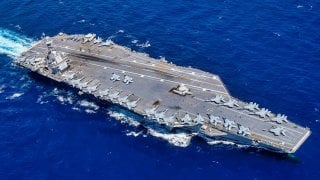The U.S. Navy's Ford-Class Aircraft Carriers: A $120 Billion Mistake?
The future of the U.S. Navy's Ford-class aircraft carriers, notably the most advanced and expensive warships ever built, is under scrutiny amidst discussions on their potential obsolescence due to emerging anti-ship technologies like drones and missiles.
Summary: The future of the U.S. Navy's Ford-class aircraft carriers, notably the most advanced and expensive warships ever built, is under scrutiny amidst discussions on their potential obsolescence due to emerging anti-ship technologies like drones and missiles.
-The program, already $40 billion over budget, has to date produced one operational carrier, the USS Gerald R. Ford, with three more in various stages of construction and planning.
-Despite the massive financial investment and the strategic pivot towards advanced maritime capabilities, the continuation of the Ford-class program is uncertain, at least according to some experts.
Cost Overruns and Strategic Questions: The Debate Over the Ford-Class Aircraft Carrier Program
The US Navy is currently working to swap out its ageing Nimitz-class carriers with the cutting-edge Ford-class.
The Ford is both the most sophisticated aircraft carrier ever built and the most expensive warship ever launched. At $13 billion per unit, the Ford program has cost $120 billion to date, which is $40 billion over budget, and expected to increase as future vessels are constructed, launched, and commissioned.
Yet, despite the Ford’s epic price tag, some pundits are speculating that the aircraft carrier may be on the verge of obsolescence, sparking the question: could the Ford program be cancelled?
The Future of the Ford-Class
To date, only one Ford-class carrier has joined the fleet, the USS Gerald R. Ford. The second-in-class USS John F. Kennedy was launched in 2019 and is scheduled to join the fleet in 2029.
Meanwhile, the third Ford, the USS Enterprise was laid down in 2022 and will be launched in 2025. The fourth Ford, the USS Doris Miller, will be laid down in 2026. What I’m getting at is that much of the Ford-class construction is already well under way.
The likelihood of an intervention cancelling the Ford-class before four or five vessels are commissioned is unlikely. Whether the Navy will get all the way to the ten planned Ford-vessels is unclear. But nothing would be unusual about the Navy, or the Department of Defense, refining their procurement projections after a weapons system was already in production.
The Ford-Class: The Next Big Military Program to Get Cut?
The F-22, the B-2, the Zumwalt-class LCS, the Seawolf-class submarine – all had their initial projection numbers reduced significantly after production had already begun; there is nothing unusual about it. Will the Ford suffer a similar fate?
The Ford has one good thing going for it: the preceding Nimitz-class is old, and the US adheres to a foreign policy that leans upon the aircraft carrier to provide flexible air power projection.
And let’s be clear: The Ford class is a massive jobs builder; lobbyists and congressional representatives will fight to keep the program humming (this is a nice way of suggesting that there is an incentive to keep Ford going to feed the military-industrial complex).

Ford-Class is Most Expensive Warship Ever
But advocates of maintaining the Ford program have cause for concern. One, is just the raw cost of the program. No warship has ever cost more. And while taxpayers are willing to tolerate the expense at present, things can change.
Historical events that have precipitated sequestration include the end of World War II and the end of the Cold War. Concluding the Ford-class will take decades, over which time something drastic could alter budget tolerances. Or something like 9/11 could happen, inspiring the DoD to restructure their spending.
Further complicating the strategic projections are the rise of anti-ship technologies like drones and missiles. If drones or missiles develop to the point where aircraft carriers are no longer capable of surviving in contested sea space, then the remaining Ford-class vessels could be cancelled.
But at the moment, the Navy is proceeding as planned.
About the Author: Harrison Kass
Harrison Kass is a defense and national security writer with over 1,000 total pieces on issues involving global affairs. An attorney, pilot, guitarist, and minor pro hockey player, Harrison joined the US Air Force as a Pilot Trainee but was medically discharged. Harrison holds a BA from Lake Forest College, a JD from the University of Oregon, and an MA from New York University. Harrison listens to Dokken.


